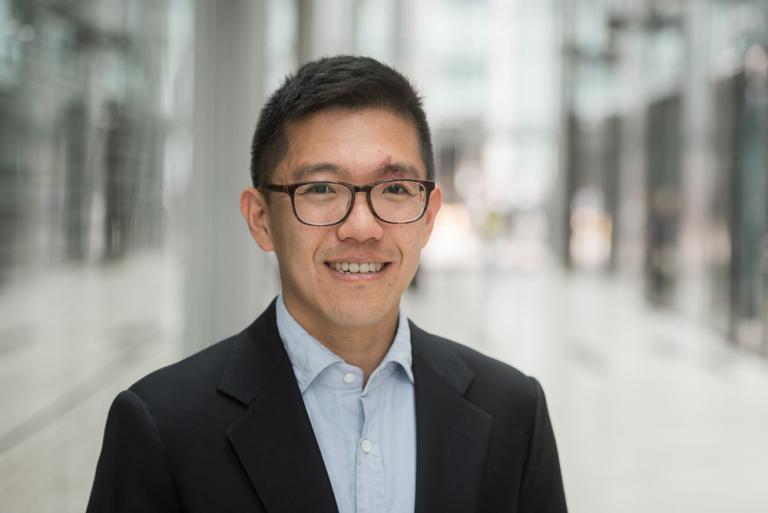Vaughn Tan

Biography
I’m an assistant professor at University College London’s School of Management, in the Strategy and Entrepreneurship group. I received a PhD in Organizational Behaviour from Harvard University in 2013.
I write a weekly newsletter on uncertainty in daily and organizational life, and have recently been featured in Bloomberg BusinessWeek, Engadget, The Investor’s Field Guide, BBC Food Chain, and the BBC Food Programme.
With collaborators, I’ve also developed a set of coronavirus response guides for the F&B industry and a business model reimagination tool for small businesses facing uncertainty, and am working on a coronavirus misinformation detection tool.
Research
I study innovation and adaptability in the context of uncertainty. My research focuses on processes for hiring, goal-setting, and motivation at the team level, and offers specific strategic and tactical recommendations across industries for leaders designing and managing innovative and adaptable teams and organizations.
My first book—The Uncertainty Mindset: Innovation Insights from the Frontiers of Food—has just been published by Columbia University Press. In the book, I draw on extensive ethnographic research at some of the world’s best culinary R&D teams to explain how organizations can design themselves to be more innovative and adaptable to uncertainty.
Advance praise for The Uncertainty Mindset:
“Vaughn Tan spent long periods observing of some of the world’s most famous chefs at work in their prize-winning restaurants and tells his readers what they do and how they do it. A real contribution to our understanding of how experts combine artistic creation and business success.” — Howard S. Becker; author of Art Worlds.
“The Uncertainty Mindset takes a close look at the secret inner workings of some of the most innovative food R&D teams worldwide. It shows organizations in other industries how to redesign themselves to become more resilient, innovative, and adaptable—by simply changing how they think about the future.” — Amy C. Edmondson; Professor, Harvard Business School; author of The Fearless Organization.
“Chefs are responsible for some of today’s most novel innovations. Vaughn Tan goes behind the scenes to show how R&D is organized inside the world’s most famous kitchens, uncovering surprising lessons that have wide application. This is a provocative contribution to studies of culture and R&D.” — Walter W. Powell; Professor, Stanford University School of Education and Graduate School of Business.“Vaughn Tan has written a fascinating, well-researched account of how some of the world’s top chefs and their teams approach culinary innovation. This book is full of valuable insights for forward-thinking, innovation-minded organizations and teams in any sector.” — Nathan Myhrvold; author of Modernist Cuisine and Modernist Bread.
“This is one of the best books to appear in the last several decades about how to design organizations for continual innovation in high-pressure environments. It offers explanations for why some companies work and others don’t, and made me embrace a new, more subtle way of thinking about hiring, managing, and trusting innovators in leading-edge technology companies.” — Jerry Neumann; founder of Neu Venture Capital.
Additionally, a 2015 paper in Administrative Science Quarterly based on this research (titled “Using negotiated joining to construct and fill open-ended roles in elite culinary teams”) analyses interview and ethnographic data from these groups to show how—contrary to previous research—ambiguous group goals and member roles enhance a group’s adaptability and ability to innovate.
